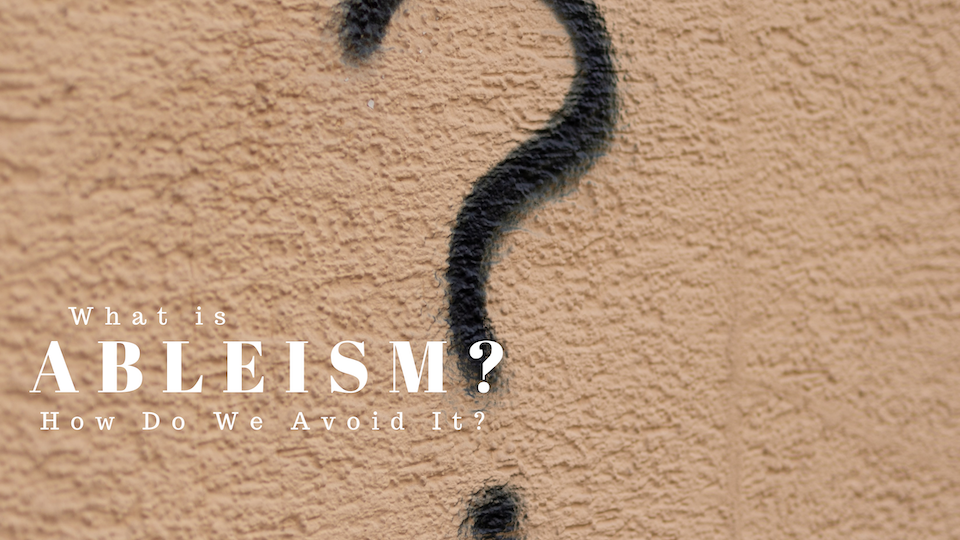Most people are familiar with the typical “isms” that are at play in our society. Racism, sexism, ageism and more. In recent years, another troublesome “ism” is emerging into social consciousness.
It’s called ableism. What is that?
To understand, just think of the word “disabled.” Many people cope with some sort of disability, such as having a prosthetic leg or arm. Some people are confined to wheelchairs. Others may have conditions that they can’t hide in public, such as Parkinson’s disease that makes them shake. Just think of a blind person or a person wearing an eye patch.
Well, ableism is when people make insensitive comments about people who are just trying to get by with a disability that life circumstances handed out to them through no fault of their own.
But it’s more than just comments. Ask any person with a visible disability and they’ll tell you that enduring the daily stares and whispered comments among strangers and onlookers is something that weighs on the minds daily.
Ableism takes other forms, as well. Just as some groups claim that racial prejudice singles them out, excludes them from employment opportunities or caused the police to treat them more harshly, people living with visible handicaps endure similar situations.
It is difficult to understand the full reach and devastating effects of ableism unless you are on the receiving end of it. For example, Elizabeth Wright is a successful writer and Paralympic medalist who uses a prosthetic leg. She said she routinely sees comments on social media that call for the death or even genocide of disabled people.
Wright also describes many places where inclusion is limited for the disabled, such as business shops, restaurants, community spaces, gyms and more. She said bathrooms that can accommodate the disabled and room for easy wheelchair navigation are widely unavailable in many locations.
These and other factors are what she calls “everyday ableism.”
Wright and other disabled advocates recommend first to non-disabled people that they heighten their personal awareness about staring at people in public. Just don’t do it. She also said that it’s not a good idea to ask a question, like “What is it like to live with a prosthetic leg?” to a stranger at the bus stop.
Government entities and private businesses should also do more to create physical environments that are accommodating to disabled people.

